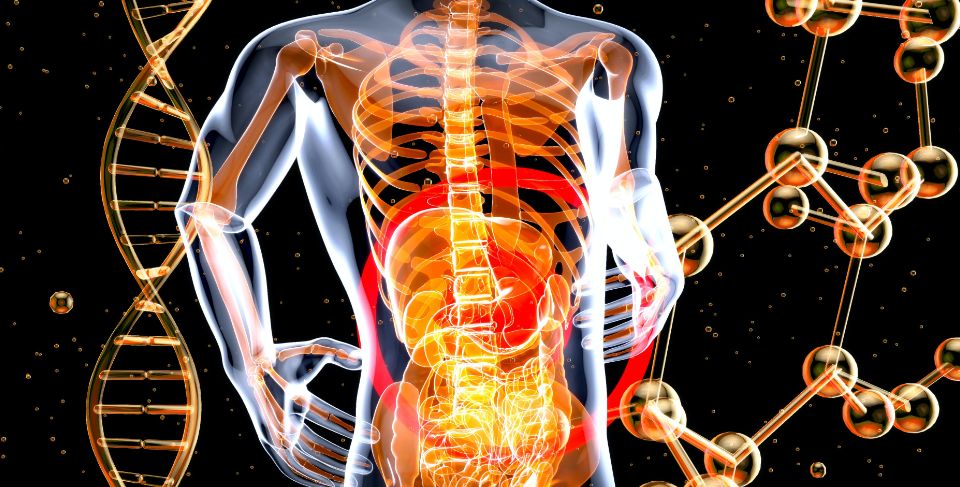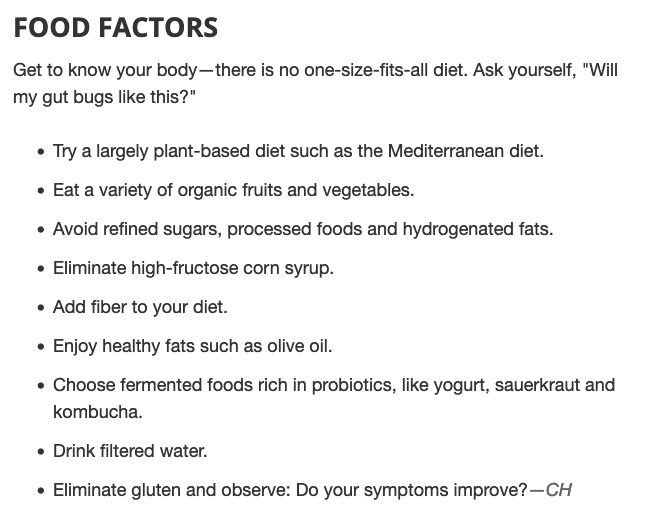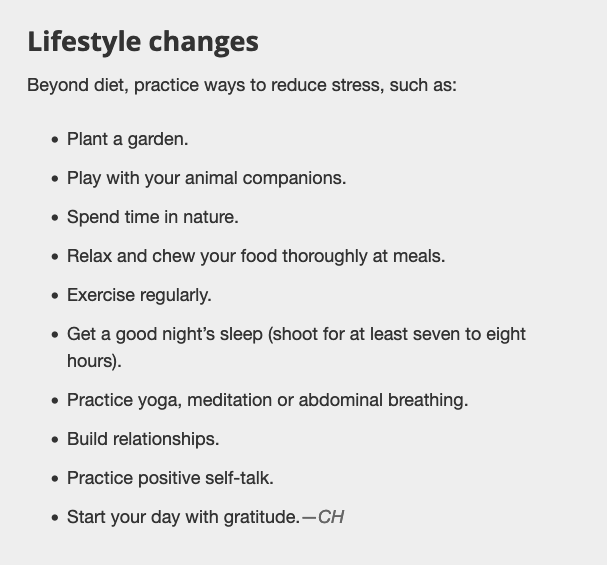Gut Health, Your Health

Written by Casey Hersch, LCSW
December 1, 2021
This article originally appeared in the December 2021 issue of Costco Connection Magazine
 Gut Health, Your Health
Gut Health, Your Health
The ecosystem known as the microbiome affects every system in your body
The journey your food takes from the first bite after entering your mouth to its breakdown by stomach acids and enzymes on its way through the digestive tract is an amazing one. But there’s so much more going on. The health of your gut has a dramatic impact on your overall health as well.
The microbiome ecosystem
Dr. Emeran Mayer, a gastroenterologist, neuroscientist and research professor at UCLA, studies the ecosystem inside the gut—known as the microbiome—which comprises trillions of microbes and networks that affect the rest of the body.
A huge proportion of your immune system is actually in your gastrointestinal tract, Mayer says. “The gut is a hub of the immune system,” he says. This hub distributes information from the brain, environment and diet throughout the entire body to every cell and organ, and “all these systems that are essential for our lives and health are packaged into the gut,” explains Mayer.
Since roughly 75% of the immune system resides in the gut’s walls, you are in a position to reverse disease trends once you understand its influence on the circular feedback loops inside all of us.
Neurologist Dr. David Perlmutter says that in the past the brain was considered separate from other body parts. In reality, the brain’s function is intimately dependent on output provided by the gut’s microbiome.
While it may be a surprise, Perlmutter says, “These bugs flying around in our gut are changing the expression of our genes— our life code—moment to moment.” This knowledge is empowering, he adds, because we can leverage the information to positively affect the health of the brain, heart and other organs; increase bone density; and even deal with viral insults (identified as injury, irritation or trauma).
Optimizing microbial health
Fortunately, as microbiome science emerges, many health experts agree on recommendations that, if implemented, will improve the brain-gut-microbiome network while making us feel happier and healthier.
Mayer suggests optimizing the health of the microbial ecosystem in the gut through a diet and lifestyle that not only feed the gut microbes but contribute to the resilience of the systems housed there. “In any ecosystem,” he says, “diversity is a key determinant of its ability to resist stress, perturbations, disease and infections.” Mayer also emphasizes that “emotions play out in the theater of our guts,” and stress, adverse childhood experiences and trauma also affect the health of one’s microbiome. He advises prioritizing disease prevention by creating balance in your life through stress reduction and using mind-body approaches.
Dr. Josh Axe, a certified doctor of natural medicine and clinical nutritionist, offers some practical ways to improve your microbiome diversity and ecosystems by using food and lifestyle as medicine. Make sure you eat a variety of organic fruits and vegetables and avoid processed foods. Increase your daily exposure to healthy soil-based organisms (trees, grass, plants, etc.) by spending time in nature.
“Digestive health is really where our health begins,” says Axe, a Costco member, since we rely on the gut to absorb vitamins and nutrients, and even our hormones and mood are related to the gut.
Axe says we need to shift our mentality toward food as medicine and start shopping and buying more organic foods and products. “That’s one reason I love Costco,” he notes. “They have such a wide array of organic fruit, organic vegetables and organic meat products. Step No. 1 to getting healthy is getting more of these foods.”
--Casey Hersch, LCSW (lightyoursparkle.life), specializes in autoimmune disease, trauma and healing through integrative methods.
- Watch Video Interview with Dr. Emeran Mayer
- Watch Video Interview with Dr. David Perlmutter
- Watch Video Interview with Dr. Josh Axe

